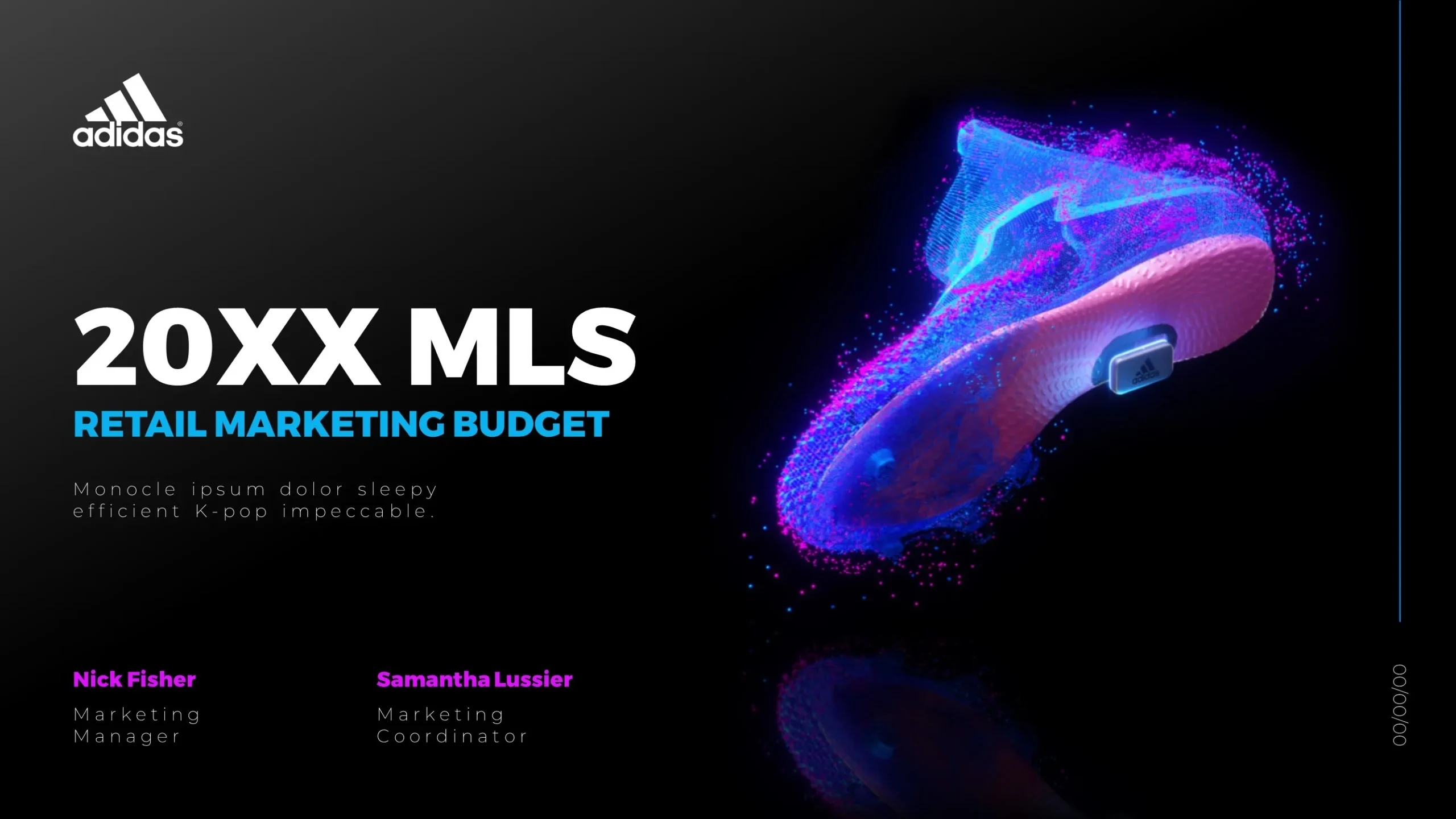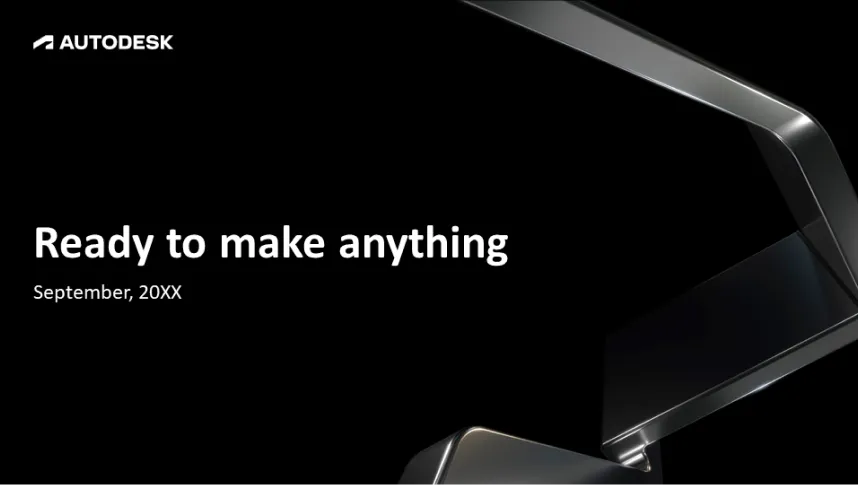Designing a visual timeline in PowerPoint involves a few key steps to ensure it’s clear, engaging, and professional. Here’s how to create one:
1. Insert a SmartArt Timeline
Open PowerPoint:
- Start PowerPoint and open a new slide.
Insert SmartArt:
- Go to the “Insert” tab.
- Click on “SmartArt,” then choose “Process.”
- Select a timeline graphic, such as “Basic Timeline” or “Circle Accent Timeline.”
Add Text:
- Click on the [Text] placeholders to enter your timeline events or milestones.
2. Customize the Timeline
Format SmartArt:
- Use the “Design” and “Format” tabs to customize the look.
- Change colors, shapes, and layouts to fit your theme.
Add Shapes and Lines:
- Go to “Insert,” select “Shapes,” and add additional elements like rectangles, circles, or arrows if needed.
3. Enhance Visual Appeal
Use Consistent Colors:
- Select a color scheme that matches your brand or presentation theme.
Add Icons and Images:
- Insert relevant icons or images to make the timeline more engaging.
- Use the “Insert” tab to add “Icons” or “Pictures.”
Align and Space Elements:
- Ensure elements are evenly spaced and aligned for a clean look.
- Use alignment tools under the “Format” tab.
4. Add Animations
Apply Simple Animations:
- Use animations to reveal each milestone.
- Go to the “Animations” tab, select an element, and choose an animation like “Appear” or “Fade.”
Sequence Animations:
- Use the “Animation Pane” to manage the order and timing of animations.
5. Final Touches
Review and Adjust:
- Ensure the timeline is clear and readable.
- Make final adjustments to the design for consistency.
Add Titles and Descriptions:
- Include a title for your timeline and brief descriptions for each event.
By following these steps, you can create a visually appealing and effective timeline in PowerPoint. For advanced designs, consider consulting experts like SlideGenius.
View Our Presentation Portfolio










